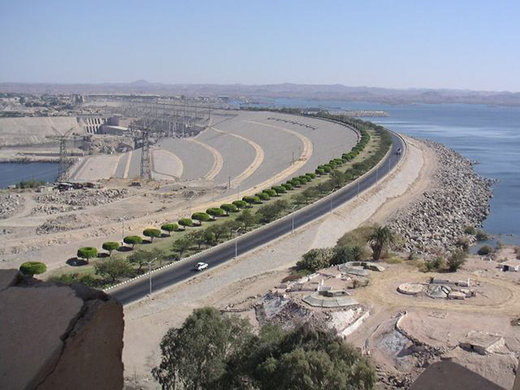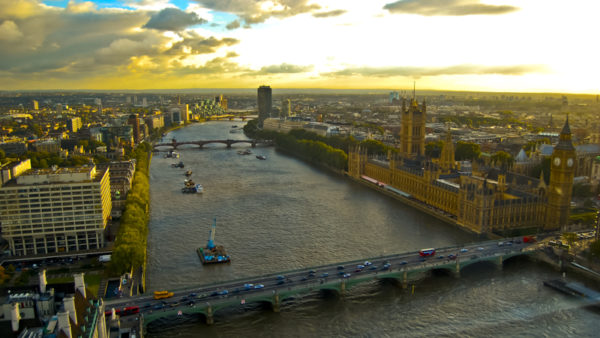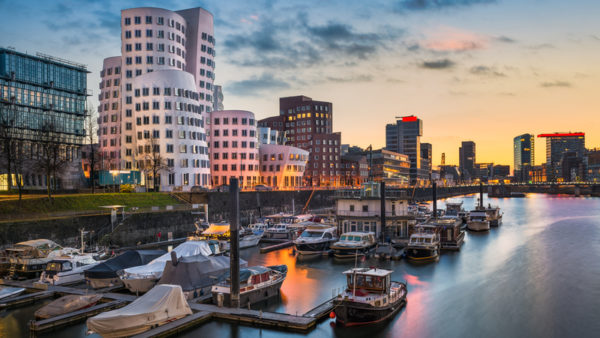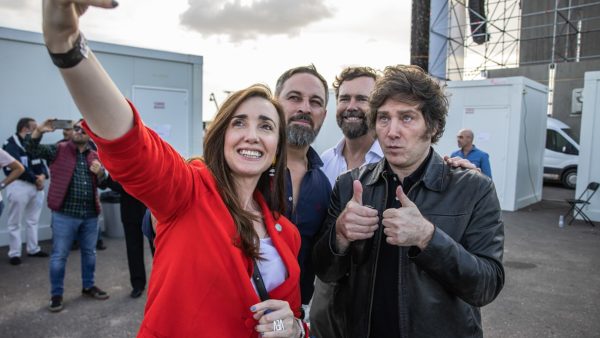As of 2 April 2014
By David Rogers
Who’s in the right, legally speaking?
The Egyptian claim to the Nile’s water is based on two treaties: the 1929 Nile Waters Agreement, and a treaty between Egypt and the Sudan dating from 1959. After allowing for evaporation, these agreements grant almost all the Nile’s water to Egypt, and give the Egyptian government a power of veto over any construction projects by upstream countries that might affect the flow of the Nile.
The other seven states in the Nile basin, which extends as far south as Uganda, argue that the 1929 treaty was written by the British in favour of Egypt, and that the British also signed it for them, before they were independent states. However, Ethiopia, which was an independent country when the agreement was made, was not consulted, and so refuses to be bound by it.
If has been speculated that the legal uncertainty over the status of the 1929 treaty has prevented Egypt from trying to assert its legal rights at the International Court of Justice. Another option is to take their case to the UN Security Council, on the grounds that the dam is a threat to regional peace.
Why don’t the countries sit down and talk it over?
They have. The Nile Basin Initiative brought together Egypt, Ethiopia, the Sudan, Rwanda, Tanzania, Uganda, Kenya, Burundi and the Congo.
Egypt’s argument is that it is more dependent on the Nile than any other country, and whereas Ethiopia has many rivers it could use for hydro power and irrigation, Egypt only has the one. The others argue that Egypt can’t insist on the keeping the whole of the Nile to itself.
Last year, six of the interested countries, including Ethiopia, signed the Nile River Co-operative Framework Agreement, which set out the terms on which future negotiations over water allocation would be conducted. However, the Egyptians and the Sudanese have insisted that any final treaty must take account of their "historically acquired rights" under the 1929 treaty.

The Grand Renaissance Dam (www.ventures-africa.com)
The main sticking point has been article on water security (Article 14b). This says member countries would work together to "not significantly affect the water security of any other Nile Basin State". Egypt and Sudan want the article to read "not to adversely affect the water security and current uses and rights of any other Nile Basin States". In other words, keeping things the way they are now.
The agreement is still open for signature, but Egypt has indicated that it will not sign.
How will the dam affect the flow of the Nile?
The short answer is we don’t know. John Mbaku, a senior fellow at the Brookings Institution who has analysed the problems surrounding the dam, says the Ethiopians and the Egyptians have not been willing to show the international community their scientific data, their meteorological assumptions or their mathematical models.
It has been estimated that it may take 25 years to fill the dam’s reservoir, but the Ethiopians have claimed that it may done more quickly than that-which may mean that more water will be diverted from Egypt. What we do know is that 86% of the water flowing in the lower Nile comes from Ethiopia.
What about climate change?
This is another unknown. Climate change could have a significant impact on the rate at which the dam’s reservoir fills up. If there is a repeat of the drought of the 1980s, it could greatly extend the time needed to fill the reservoir. In any case, there is bound to be a reduction in flow caused by evaporation from the reservoir.
What are the chances of a peaceful solution?
Mbaku says that it is still possible to come up with an equitable solution if the "stumbling block" of the 1929 and 1959 treaties are dispensed with. He said: "If the Egyptians can let go of those two treaties and unbend a little, they may still be able to negotiate an agreement that allows them to access the water for development without preventing the upstream countries from doing the same thing."










